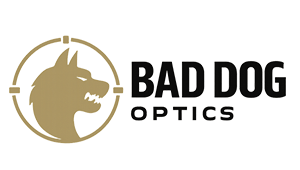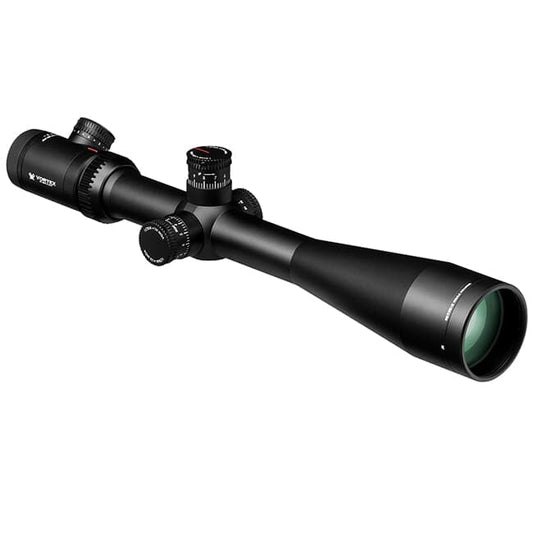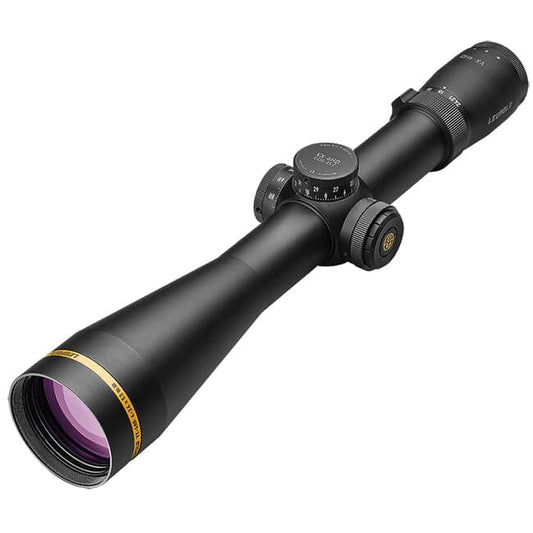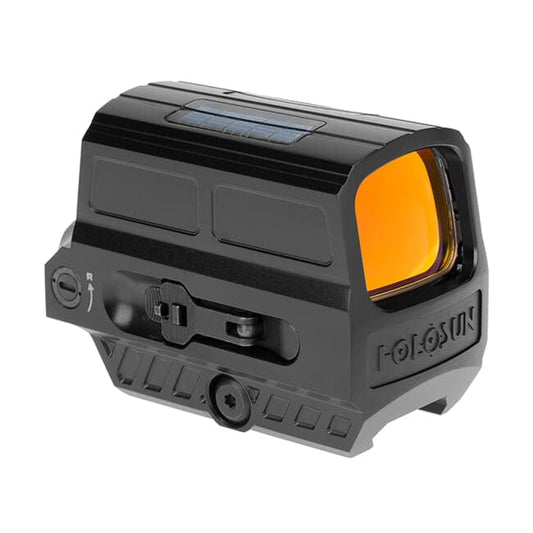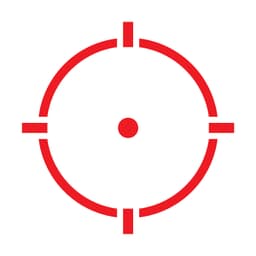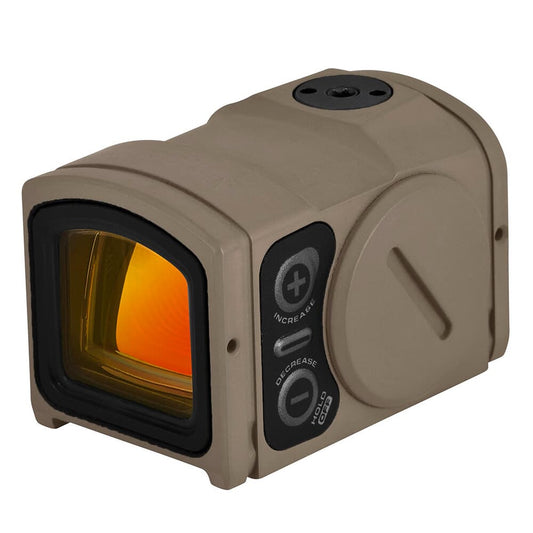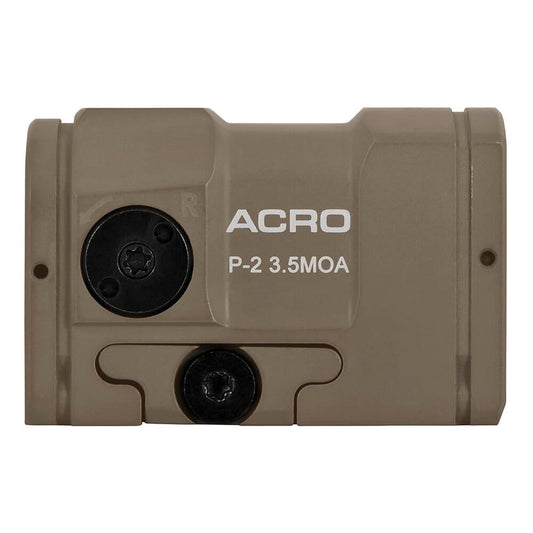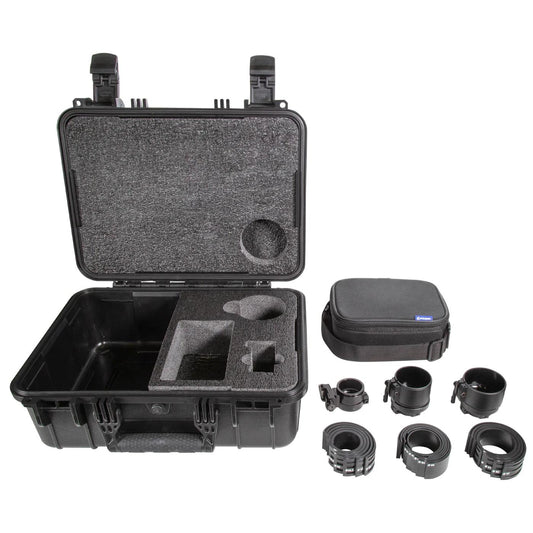

Pulsar Proton FXQ30 Thermal Imaging Front Attachment Kit transforms your existing daytime scope into a thermal sight, providing enhanced versatility for nighttime hunting. This clip-on design integrates seamlessly with scopes ranging from 1.5x to 4x magnification and 40mm to 56mm lens diameters. With a focus-free thermal lens, you can detect targets as close as 15 meters, ensuring you don’t miss any opportunities in low-light conditions. Its lightweight construction maintains your rifle's balance, making it an ideal companion for extended hunting trips.
The integrated photo and video recording feature allows you to capture each moment of your adventure, thanks to 16 GB of internal memory. Adjust settings easily with the optional Bluetooth remote control, enhancing your hunting experience. Built to withstand tough weather, the rugged design is shockproof and waterproof (IPX7), ensuring it performs reliably in various environments. Elevate your nighttime hunting capabilities with the Pulsar Proton FXQ30.
Features:
- LIGHTWEIGHT DESIGN for easy portability, ensuring your rifle remains balanced during long hunts.
- QUICK MOUNTING with the PSP adapter allows for rapid setup without compromising zeroing.
- UNMATCHED VERSATILITY compatible with a wide range of daytime scopes, enhancing your tactical options.
- FOCUS-FREE THERMAL LENS keeps targets sharp from 15 meters, letting you focus on your hunt.
- PREMIUM IMAGE QUALITY with a 384x288 px sensor and 8 color palettes for clear thermal imaging.
- INTEGRATED RECORDING captures every moment with 16 GB internal memory for photos and videos.
- BLUETOOTH CONTROL offers hands-free operation, letting you manage settings without distraction.
- DURABLE BUILD is shockproof and waterproof (IPX7), ensuring longevity through various conditions.
Technical Specifications Table
| Feature | Details |
|---|---|
| Magnification | 1.5x - 4x |
| Lens Diameter | 40mm - 56mm |
| Weight | Lightweight |
| Waterproof Rating | IPX7 |
| Sensor Resolution | 384x288 px |
| Memory | 16 GB internal |
What’s in the Box?
- Pulsar Proton FXQ30 Thermal Attachment
- PSP Adapter
- USB Charging Cable
- User Manual
- Protective Lens Covers
Customer Reviews
"The Proton FXQ30 has completely changed my night hunting game. Installation was a breeze!"
"Incredible clarity and ease of use. I'm impressed with how well it fits with my existing scope."
FAQ
How does the Proton FXQ30 perform in low-light conditions? The Proton FXQ30 excels in low-light conditions, leveraging its advanced thermal technology to provide clear imagery, making it an invaluable tool for nocturnal hunting.
Can I use the Proton FXQ30 with any scope? This thermal imaging attachment is compatible with most scopes featuring a lens diameter from 40mm to 56mm, allowing for a versatile hunting setup.
How durable is the Proton FXQ30? The device is designed to be rugged, with an IPX7 waterproof rating and shockproof construction, ensuring it withstands various weather conditions without compromising performance.
Is there a warranty for the Proton FXQ30? Yes, Pulsar offers a warranty on their products, providing peace of mind regarding the quality and reliability of your thermal attachment.
How does the integrated recording feature work? The Proton FXQ30 includes 16 GB of internal memory that allows you to capture photos and videos during your hunting trips, easily reviewing your experiences later.
Similar Models
Looking for additional thermal options? Explore our extensive Pulsar lineup, featuring models like the Pulsar Helion 2 for handheld thermal imaging and the Pulsar Thermion series for integrated thermal scopes. Discover the perfect optics tailored to your hunting adventures.
You May Also Like
Here’s some of our most similar products people are buying. Click to discover trending style.
